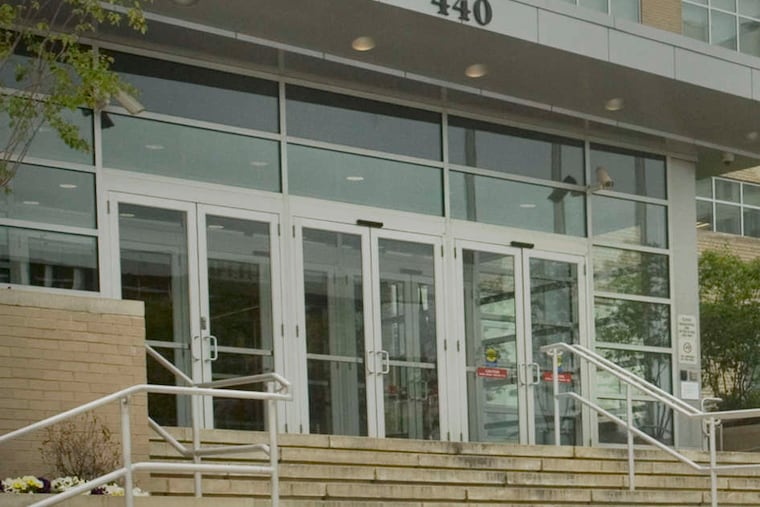City Council wants answers on Philly schools’ so-called rubber rooms
City Councilmember Isaiah Thomas said he understands several hundred staff are parked in the rubber rooms every year, and that teachers have languished there for years with no resolution.

City Council wants answers from the Philadelphia School District on its “reassignment rooms” — offices where school staffers are assigned when they are being investigated for misconduct.
Isaiah Thomas, chair of Council’s education committee, will introduce a resolution calling for hearings on the so-called rubber rooms at Thursday’s Council session.
Thomas said he understands that several hundred staff are parked in the rubber rooms every year, and that teachers have languished there for years with no resolution.
The process works this way: Those who are accused of improprieties are told to leave their current positions and report to these offices while investigations are completed. If child abuse allegations have been made, the Philadelphia Department of Human Services and the district both investigate, separately.
People who have been assigned to rubber rooms describe them as a series of windowless conference rooms at the district’s North Broad Street headquarters. There are no directions about how employees should occupy their time, they said — but many watch movies, read, talk among themselves, or even take online courses. Attendance is rarely taken.
Accused employees are paid while assigned to the rubber room.
“Despite the Department of Human Services generally reporting on the validity or not of filed complaints within 90 days, some personnel have spent multiple years being paid to show up and not work,” the resolution to be introduced Thursday reads. It also says that “fiscal responsibility requires that we investigate any potential wasting of precious education dollars.”
Thomas is calling for more transparency on the process around the reassignment rooms, remedies for a faster timeline, and better communication.
There are currently 66 district employees in reassignment rooms, said Monique Braxton, district spokesperson. Braxton said she could not divulge whether all were teachers, or whether paraprofessionals and administrators were included in that count.
Philadelphia needs more teachers and administrators, Thomas said in a statement.
“The topic of school faculty discipline can be uncomfortable, but putting teachers in a disgusting room with little communication or due process is not a solution, and not a good strategy for teacher retention and talent acquisition,” he said. “I look forward to working with the school district and relevant unions to address this issue and explore immediate solutions.”
Arthur Steinberg, president of the Philadelphia Federation of Teachers, said in a statement that the teachers union is “strongly in favor of attacking bureaucratic inefficiencies within the School District of Philadelphia in order to free precious resources that could be redirected into classrooms.”
Steinberg thanked Thomas for “his focus on the reassignment room backlog” and said he would testify at the hearing.
“As we approach city and state budget negotiations, it is critical that the district is able to demonstrate that education funding dollars are being spent wisely and to the direct benefit of students.”
Christina Clark, a spokesperson for the school system, said officials are “actively working” to address Thomas’ concerns.
“We look forward to collaboratively meeting with our labor partners and elected officials to discuss solutions that help streamline processes that better support our students and schools,” Clark said in a statement.